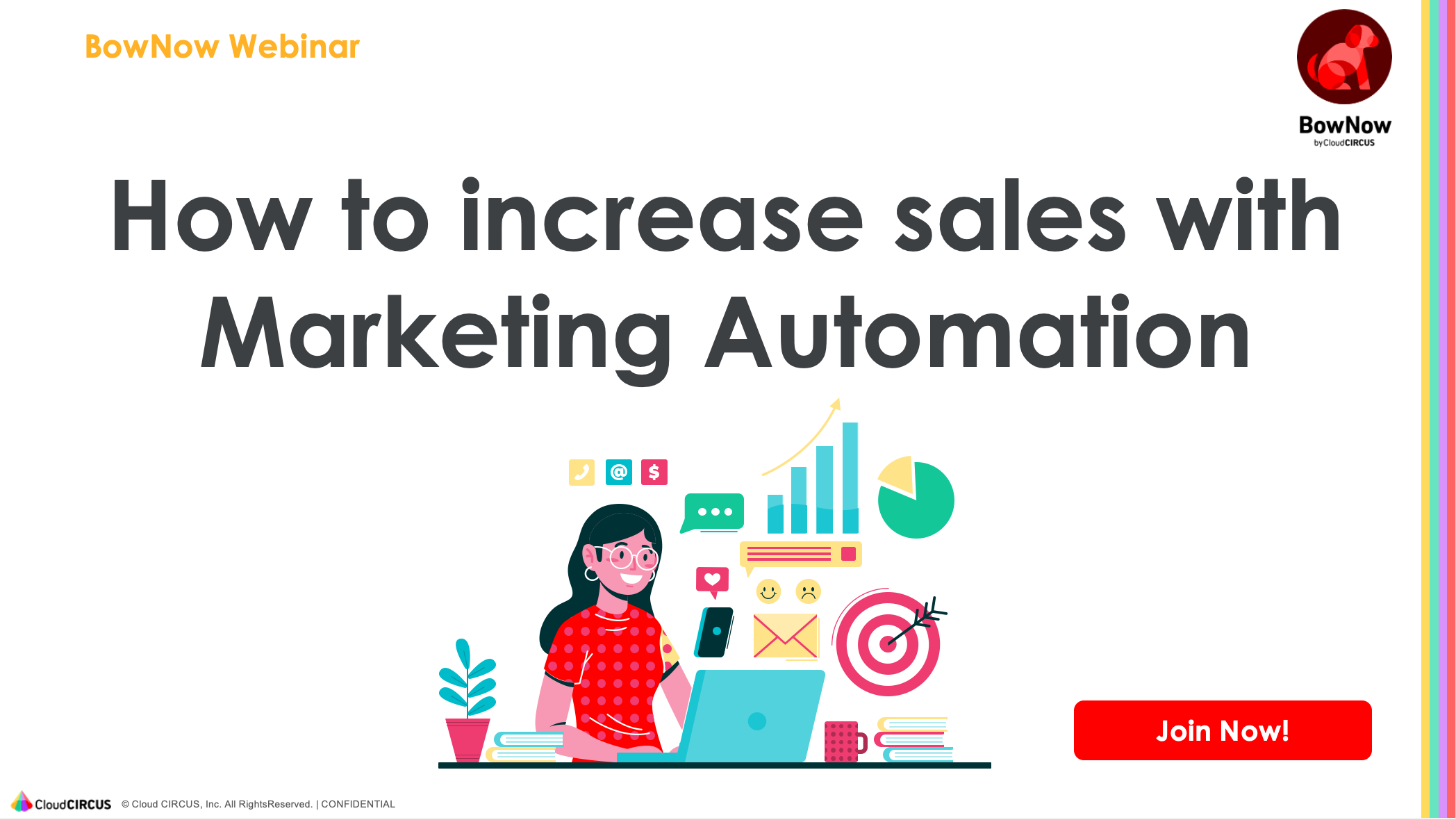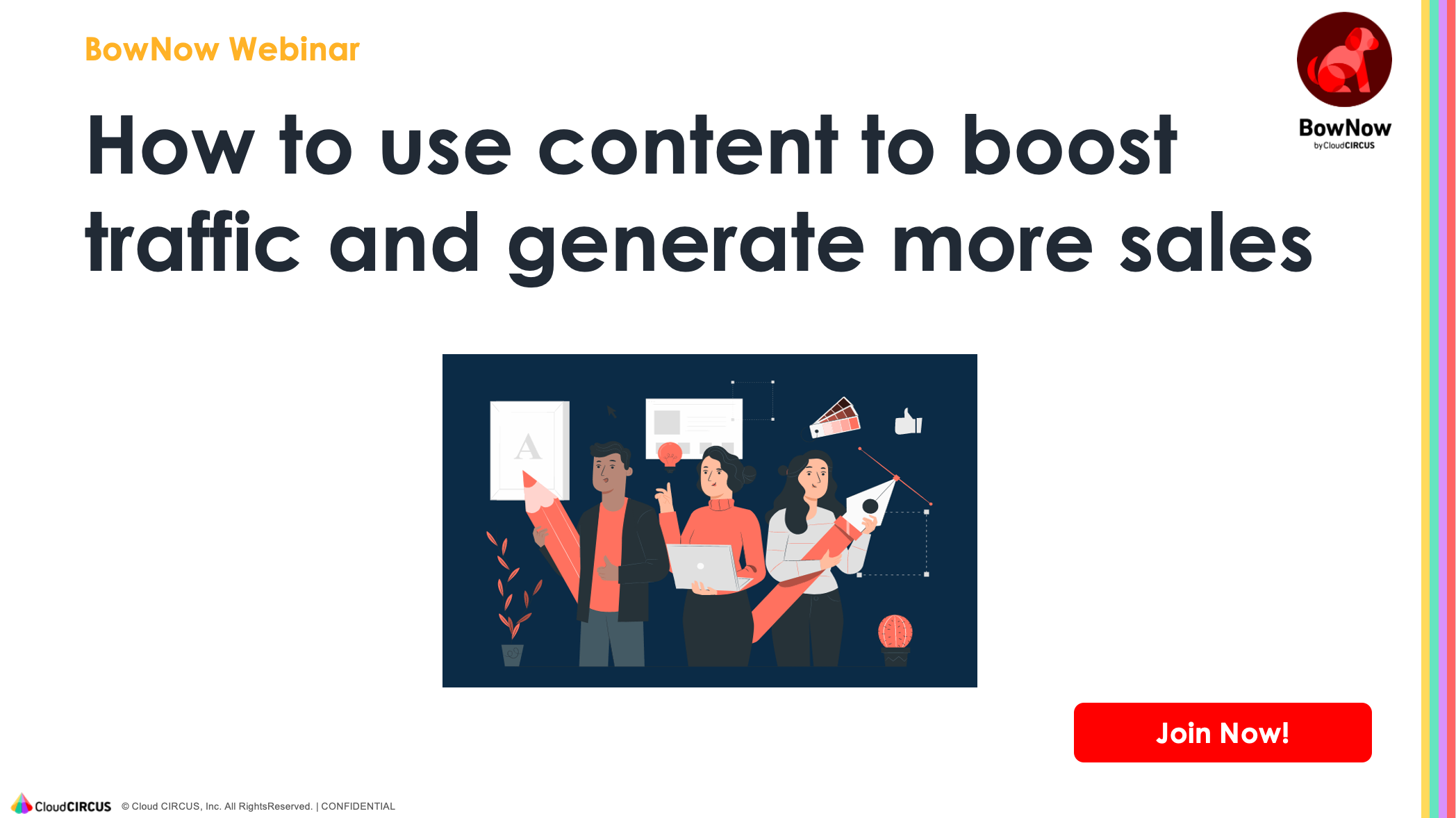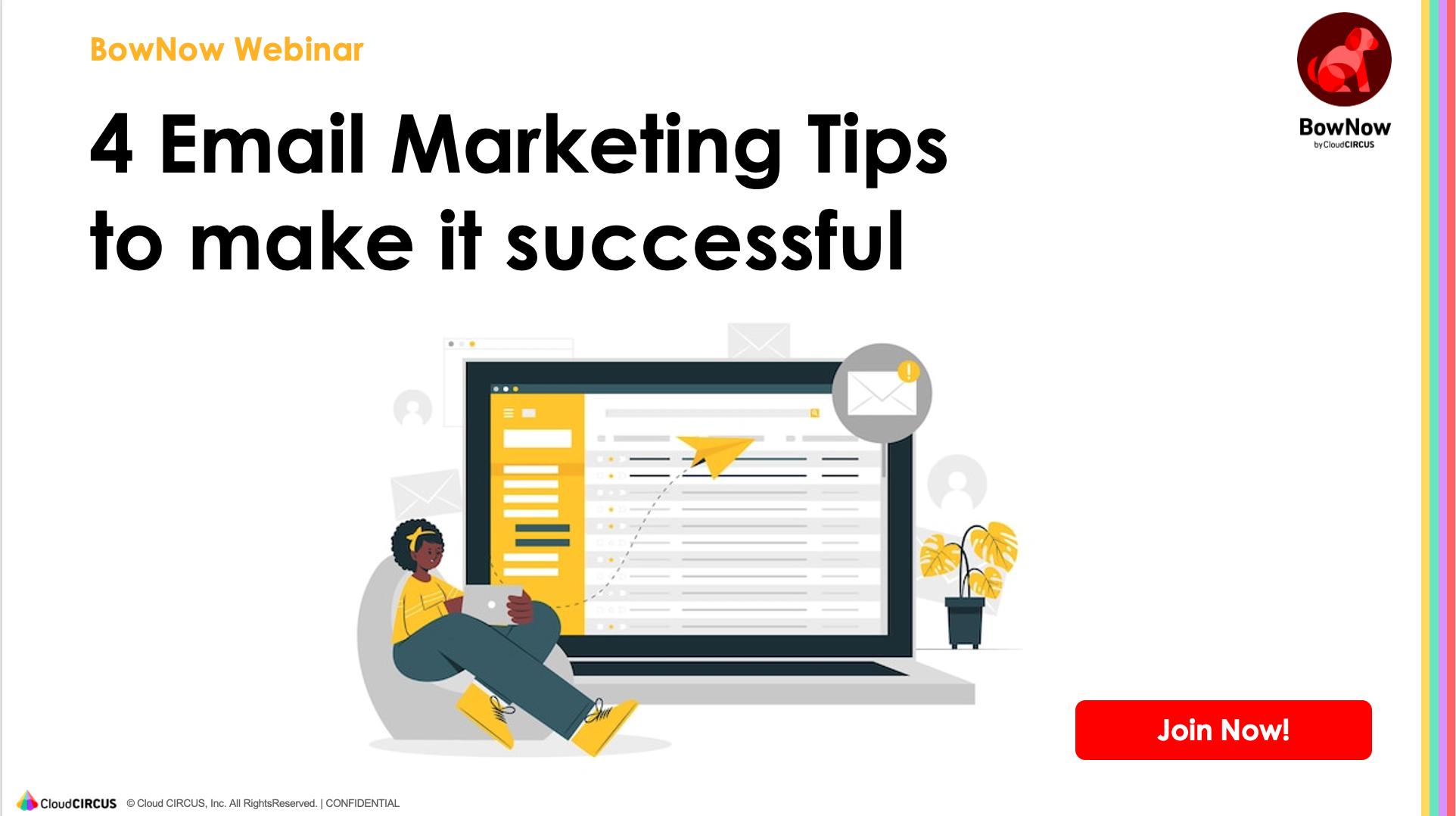Marketing Automation FAQ

Have you heard of marketing automation but aren’t really sure if it’s the solution you’re looking for? In this article, we will go through and answer the questions we receive most often from customers who are considering integrating marketing automation to their business.
Table of Contents
1 What exactly is marketing automation?
2 What are the benefits of using marketing automation?
3 How does marketing automation work?
4 What are the most common features of marketing automation?
5 How do I know I’m ready to implement marketing automation?
6 How much is it going to cost?
7 Is my company too small to benefit from marketing automation?
8 How much time does it take to integrate marketing automation?
9 Do I need to hire a marketing expert to be able to use marketing automation?
10 To conclude
1.What exactly is marketing automation?
Since there is a huge variety of marketing automation tools, it can be hard to define. But essentially, marketing automation is an IT tool for businesses that allows them to collect detailed customer data, qualify their leads automatically, and streamline marketing tasks into a single tool for efficiency. Often people mistake marketing automation for just another email marketing service, but there can be a lot more such as integrations between other tools like your CRM or SFA and social media channels, updating your website with a blog post or creating a LP, and so on.
2.What are the benefits of using marketing automation?
・Efficiency. You can reduce the time and manpower it takes to complete marketing and sales processes manually. Marketing automation automates repetitive tasks and immediately extracts hot leads so you can make a sales approach more successfully.
・Lead nurturing. Marketing automation makes nurturing easier than ever, as you can send out bulk emails to your entire list to keep a regular point of contact, and still make them personal by automatically attaching their names. You can also personalize the content that gets sent to them based on their previous interactions with your brand, to make sure they’re receiving information that is relevant and useful to them.
・Increased CTR (conversion rate). The marketing automation tool functions as a database and collects a ton of data on how users are interacting with your website and content, thereby revealing the problem areas and your customers’ actual interests, allowing you to optimize the site for more conversions.
3.How does marketing automation work?
By attaching a tracking code to your website and utilizing cookies, marketing automation allows you to collect information about the online actions of your website visitors. Not only that, but you can identify their company name if their IP address is public domain. In addition, when a user fills out a form and has a conversion, the marketing automation makes all their previous actions and future actions on your site visible - allowing you to track this individual over a long period of time. And finally, you can incorporate your current list of leads by registering them in bulk to the marketing automation tool, and then send email campaigns from the tool to lead them to your website and start tracking the online behavior of the leads you already had as well.
4.What are the most common features of marketing automation?
・Visitor tracking
By tracking what web pages your leads are viewing and for how long, what resources they’re downloading, and what emails they’re interacting with, you can pinpoint their interests and needs.
Further, marketing automation alerts you when a lead is starting to heat up and is spending a lot of time on your site lately. Your sales team can take advantage of this and prioritize approaching the leads that are already considering your business. Since they have actualized needs and are actively searching for some solution to their problems, they are much more likely to react positively to your sales call.
・Lead qualification
Marketing automation allows you to create a system for automatic lead qualification with “lead scoring.” Qualification means going through your prospects and determining which are hot and ready to buy soon, and which are cold and need more time or information. Most marketing automation tools use a qualification method called lead scoring, which is where you attribute points to every possible customer action, and the more actions made, the more points assigned, and the hotter a lead becomes. For example, if a lead visits your Pricing page on your website, that’s 2 points. If they open an email, that’s 4 points. If they download an ebook from your site, that’s 6 points. Then finally, once they reach, say, 25 points, then the marketing automation can alert a salesman that this lead is getting very hot and it’s time to make contact.
・Email marketing
As far as I’m aware, all marketing automation tools have some sort of email feature. Often, they allow to send segmented email campaigns in bulk to specific groups of leads. For example, you could send a whitepaper called “The Marketing Guide for Manufacturers” to all of the manufacturing companies on your list. In this way, you can ensure that your email content is relevant and personalized to your mailing list every time.
Marketing automation also lets you automate a series of emails. These are called “trigger emails” and are set off by a specific action of the customer, like by downloading a file or signing up for a webinar online. Once they make the action, the set of emails you previously created will automatically start sending, spaced out by a few days or weeks at a time.
・Form registration
Typically, the ultimate goal of a corporate website is to gain conversions. A conversion is a desired action completed by a potential customer online, like by submitting some kind of form and providing their personal information. This could be an inquiry form or a form that’s required to download an ebook or sign up for a seminar. In the latter examples, the user trades their personal details (like name and contact info) for something of value, like an educational resource or event. Anyways, in most marketing automation, you can easily create original forms to then embed in your website, so that you can track the submission results right in the software.
・Social media marketing
The higher-end marketing automation tools are able to track social media channels as well. For example, some tools allow you to automate pre-prepared posts to be sent out across multiple SNS platforms simultaneously, and collect data on metrics like engagement level to evaluate the success of each campaign. Depending on the tool, marketing automation can act as a one-stop solution for social media management.
・Tool integrations
Another feature offered in the more advanced tools is the capability to link your marketing automation with external tools, such as your SFA (Sales Force Automation), CRM (Customer Relationship Management), CMS (Content Management System), or messaging tools like chatbots and SMS. Tool integrations make it so new data and updates are automatically synced across your range of IT tools, and help users to utilize a variety of business software side by side.
5.How do I know I’m ready to implement marketing automation?
Since there are now a number of beginner-level marketing automation tools out there, we would argue that you don’t need any prior experience or knowledge to start generating results with this method. However, if I had to say, the prerequisites for getting started would be:
・Have a corporate website with a fair amount of webpages
・Have at least one person to be in charge of operating the marketing automation, and make sure they are committed
・Make sure the rest of your team is on board and understand the reasons why you want to introduce marketing automation
The three points listed above are important to successfully integrating this tool into your business. And as a side note, it is also advantageous to start building a good stock of content on your website - things like blogs, case studies, ebooks, and videos - to optimize your website and improve web traffic (marketing automation is centered around your website afterall!) But if you have hardly any content created yet, don’t fret. While using marketing automation, you can definitely start to gradually add content to your site, while analyzing the user response to each piece of content.
6.How much is it going to cost?
Honestly, there are hundreds of options out there, each with a different set of features and varying prices. It can range from around $50 to $10,000 a month depending on the product and plan you choose.
7.Is my company too small to benefit from marketing automation?
Some of our clients are just a single person managing their own startup, so the answer is no. There are a number of tools specifically designed for SMBs that you should look into.
8.How much time does it take to integrate marketing automation?
It depends. The more advanced and multi-function marketing automation like Marketo, Pardot by Salesforce, and Oracle can take over a year to complete the initial settings. This is mainly because you need to design numerous scenarios and decide on rules for scoring.
You can avoid scenario and scoring planning if you choose a beginner level tool. For example, our marketing automation tool BowNow has a preset template for qualifying lead interest so you don’t have to figure any of the automation settings out yourself. You just switch the template on and then you can get started operating BowNow almost immediately.
9.Do I need to hire a marketing expert to be able to use marketing automation?
Actually, no. The simpler marketing automation tools can be operated by a sales team, a single CEO, or anyone really. However, make sure the software you choose comes with substantial support. The best marketing automation companies will not only provide technical support, but also share their expertise in digital marketing and guide you as you plan and execute marketing campaigns.
Keep in mind that a marketing manager or team will be necessary in the case that you choose one of the more high-level tools, because automation (and scenario and scoring design) are going to be extremely challenging to figure out if you have no formal background in marketing.
To conclude
Marketing automation, which originated in the US, has grown exponentially and is now a must-have for businesses that are serious about increasing their clients. A survey by Social Media Today in 2019 showed that 75% of marketers in the US were already using some form of marketing automation. Further, marketing automation is establishing itself as a large market in South East Asia, as shown by the multitude of locally-designed tools popping up in the last few years.
If you’re looking for a way to increase your sales and conduct business more efficiently, you should definitely look into marketing automation. To learn more, check out our resources below.
Resources:
- Guide to Marketing Automation (Free Ebook Download)
- Choosing the Right Marketing Automation for your Business (Diagnosis/Check Sheet)
Related Articles:


.jpg)
.jpg)
.jpg)


